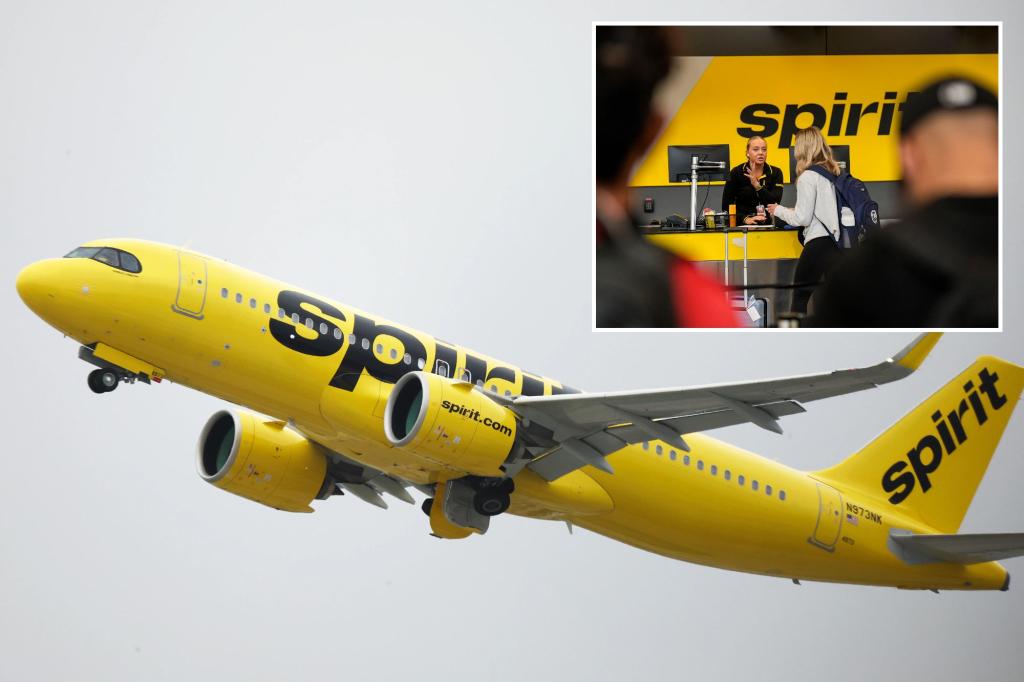Spirit Airlines is looking to tap into the demand for premium travel by offering business class seats with a guaranteed blocked middle seat. This new seating option will come with additional perks such as priority boarding, one carry-on bag, one checked bag, and a snack and non-alcoholic beverage. Despite booming travel demand, the airline has been losing money, raising concerns about its ability to manage its debt, which is due to mature in 2025 and 2026. As a result, Spirit’s shares have fallen by 81% this year, but saw a 4.5% increase after the announcement of the new seating option.
This move by Spirit Airlines follows in the footsteps of its rival Frontier Airlines, which also recently launched a similar product. Both carriers are looking for new revenue streams to drive up their earnings, leading to a shift away from their traditional no-frills business model. The willingness of air travelers to pay for more comfort and a better experience has prompted US carriers to explore new ways to attract customers. Airlines such as Southwest have even made changes to their brand-defining policies, such as ending open seating and offering assigned and premium seats.
While travel demand continues to be strong, there is an oversupply of airline seats in the domestic market which has led to lower airfares. This has made it challenging for carriers to offset increasing labor and operating costs. In response, airlines like Delta and United are focusing on high-margin premium travel to protect their profits. Delta reported a significant increase in revenue from its premium cabins in the second quarter, while sales in its main cabins remained flat.
Spirit Airlines is set to launch its business style seats on August 27, with bookings available from August 16. The airline will introduce four new travel options, including priority check-in, seats with extra legroom, and online streaming access through in-flight Wi-Fi services. Despite not providing specific revenue estimates from the new offerings, Spirit is expected to post an adjusted loss of $1.36 per share in the second quarter, according to data from LSEG. This shift towards premium offerings indicates a changing landscape in the airline industry as carriers look to adapt to evolving customer preferences and financial challenges.


